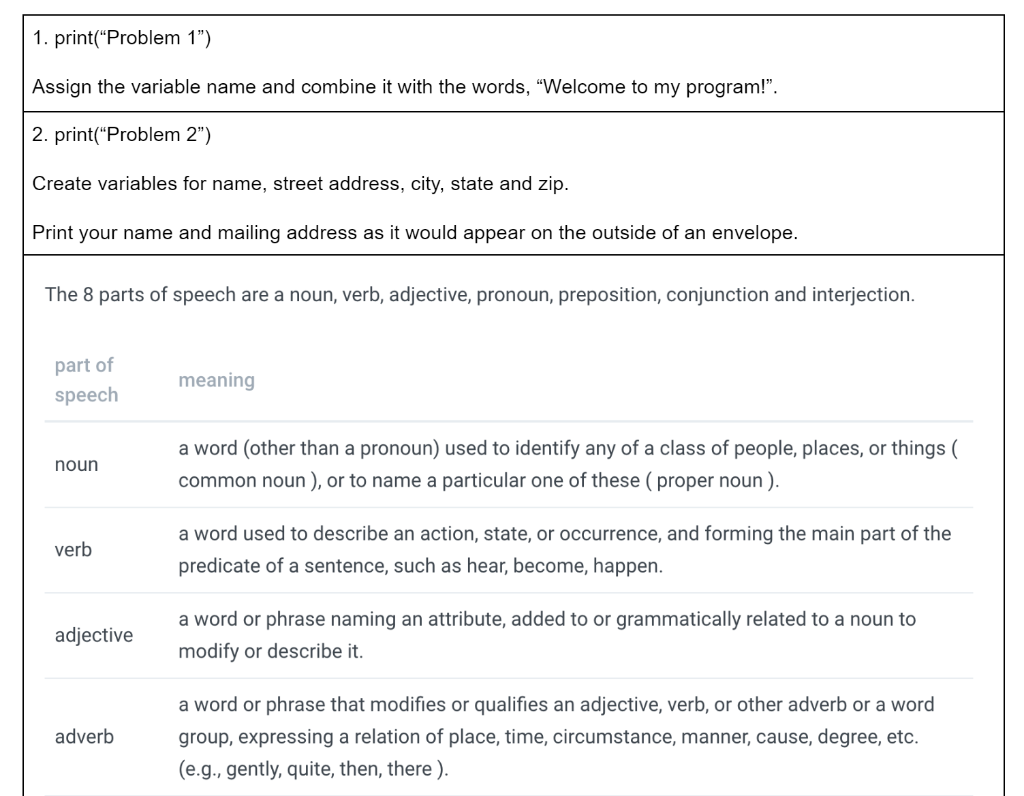

Local Variables Similar to how an object stores its state in fields, a method will often store its temporary state in local variables.Additionally, the keyword final could be added to indicate that the number of gears will never change.
#WHAT IS ANOTHER WORD FOR VARIABLE CODE#
The code static int numGears = 6 would create such a static field. A field defining the number of gears for a particular kind of bicycle could be marked as static since conceptually the same number of gears will apply to all instances. Class Variables (Static Fields) A class variable is any field declared with the static modifier this tells the compiler that there is exactly one copy of this variable in existence, regardless of how many times the class has been instantiated.Non-static fields are also known as instance variables because their values are unique to each instance of a class (to each object, in other words) the currentSpeed of one bicycle is independent from the currentSpeed of another. Instance Variables (Non-Static Fields) Technically speaking, objects store their individual states in "non-static fields", that is, fields declared without the static keyword.

The Java programming language defines the following kinds of variables: In the Java programming language, the terms "field" and "variable" are both used this is a common source of confusion among new developers, since both often seem to refer to the same thing.

What Is an Object? discussion introduced you to fields, but you probably have still a few questions, such as: What are the rules and conventions for naming a field? Besides int, what other data types are there? Do fields have to be initialized when they are declared? Are fields assigned a default value if they are not explicitly initialized? We'll explore the answers to such questions in this lesson, but before we do, there are a few technical distinctions you must first become aware of.


 0 kommentar(er)
0 kommentar(er)
